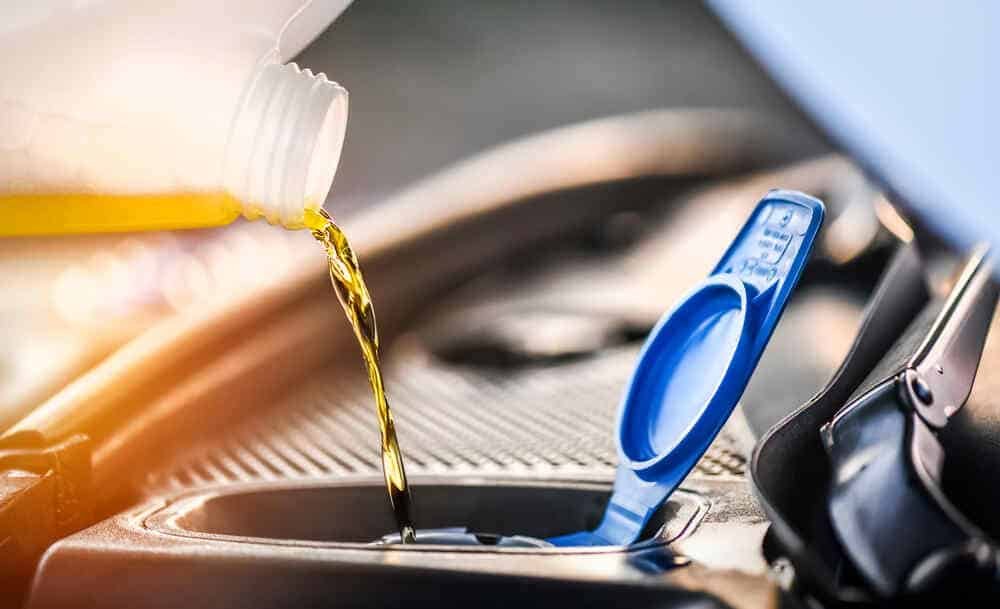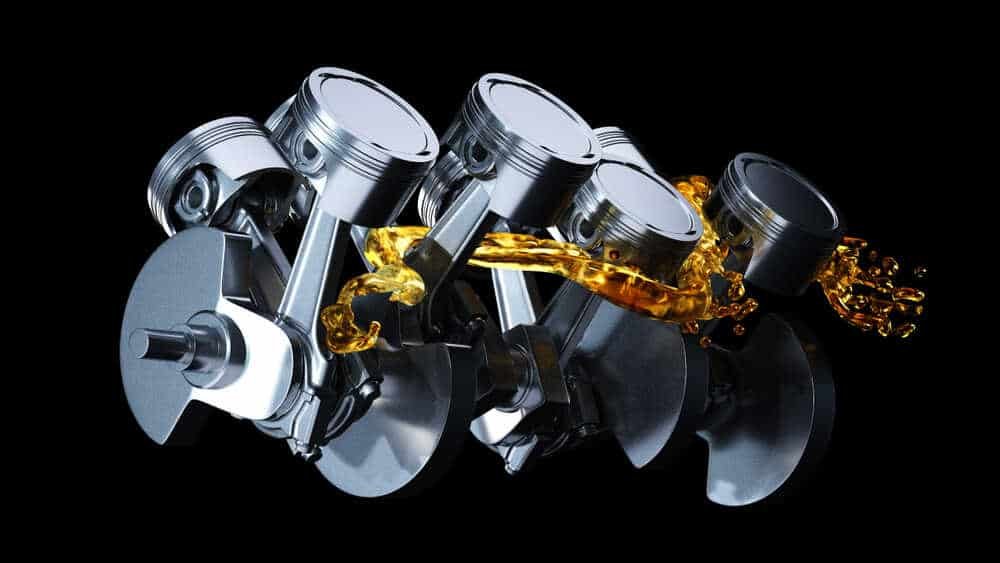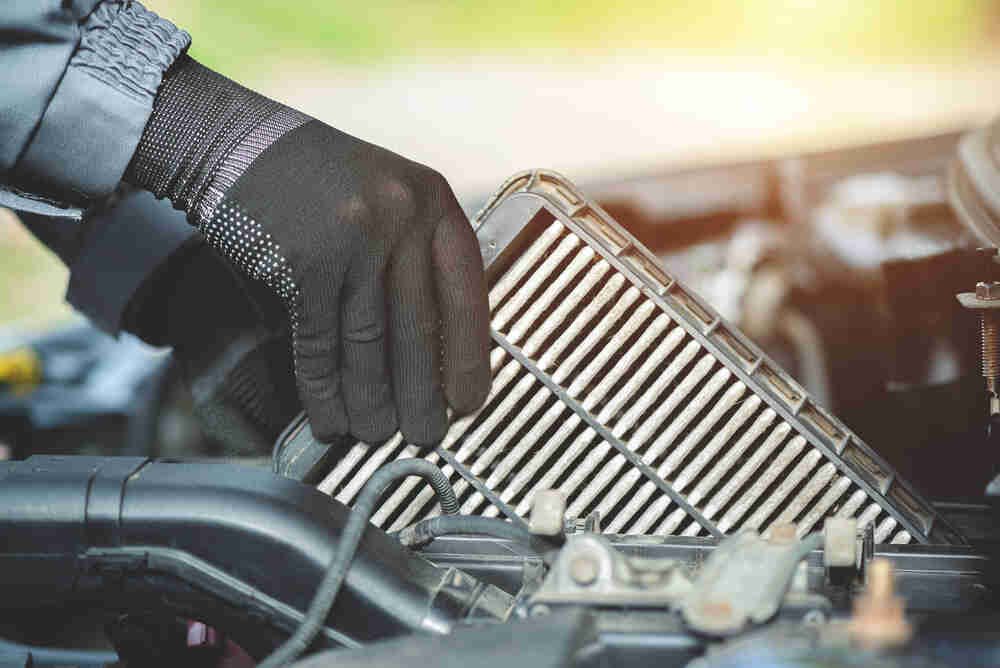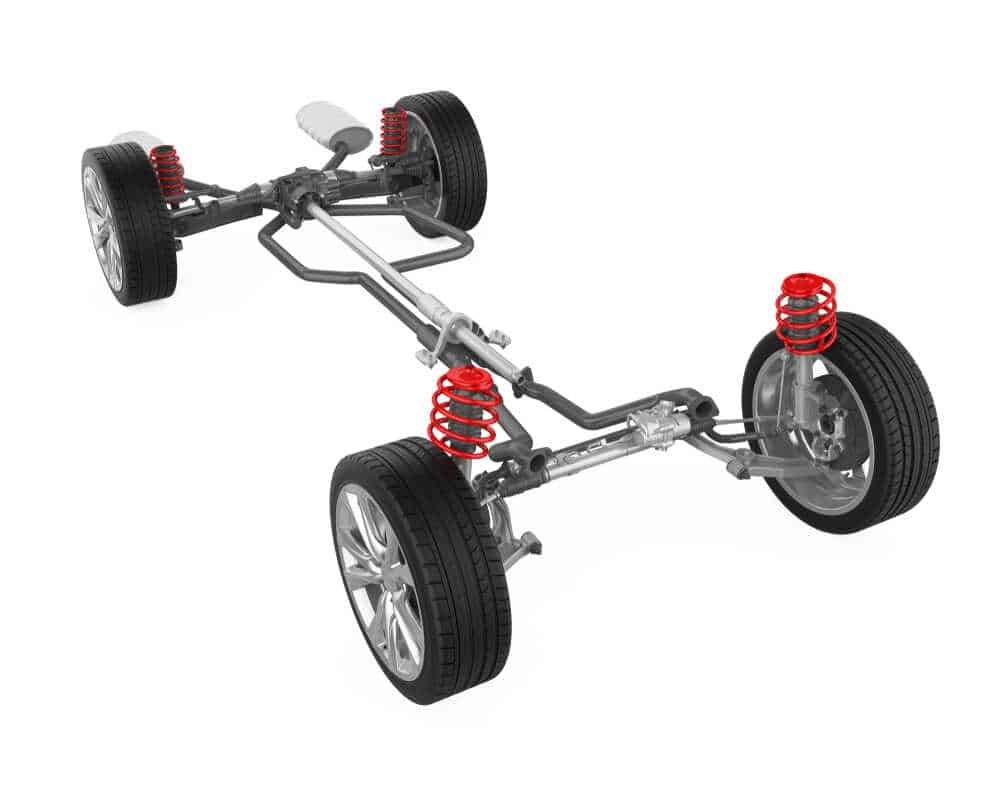Introduction
Every vehicle owner needs to know how to maintain a car. Good car maintenance is what guarantees the smooth operation of an automobile at every given point in time. It is therefore essential to adopt an effective maintenance routine that would ultimately prolong the life of your vehicle and give you the most value for the cost of vehicle purchase.
Essential Vehicle Maintenance Tips
1. Inspect fluids regularly

In order to keep your vehicle functioning properly, transmission, brake, power steering and coolant fluids must be checked regularly to ensure that they are filled to the appropriate levels. A leak with any of these fluids can affect the way your car drives. If you spot a leak, you may be able to identify the fluid by its colour.
2. Check your tyres

In learning how maintain a car, your tyres should be given as much attention as possible, since they carry the vehicle. The first thing you should inspect is the condition of your tyres. You must look out for bald or completely worn out spots and bulges on the wheel tread. If you notice any of these signs, you will have to replace the tyres immediately. If you also detect that there is uneven wear on the tyre, there could be wheel alignment issues. Have this fixed as soon as possible.
The next thing to check is your tire pressure. Doing this at least once a month can save you money as underinflated tyres can affect your fuel efficiency. It’s important that your tyres are always inflated to their proper pressure levels, otherwise they could wear out faster and be more prone to punctures. You can easily check this by using a tyre gauge, which can be purchased at any auto parts store or done at a service centre.
Last but not least, check your spare tyre at least once a month. You may often forget that it is there, but it should be usable if there is an unexpected tire failure. If you have any questions about your tyres, or if you need to have them replaced or repaired, contact a professional mechanic. The last thing you want is for your car to be unsafe on the road because of faulty tyres!
3. Routine oil change

Periodically changing the engine oil is essential as it keeps the engine running smoothly. Every internal combustion engine needs oil to lubricate its parts. Over time the oil loses its ability to absorb heat thus, weakening its lubricating capacity. This makes your engine prone to overheating or complete seizure. Fresh oil from an oil change allows the engine to run better and cleanly.
4. Change your air filter

Just as humans require oxygen to breathe, cars require oxygen for the combustion process. The air filter is a layer that restricts dust particles, sand, debris and other contaminants to keep the engine healthy and only allows clean air to enter.
For each gallon of fuel burned, the engine uses up to 10,000 gallons of air. However, when the filter is clogged it reduces the airflow to the engine which decreases its performance and overall power output. It’s recommended that you replace your air filter every 20,000 kilometres. You should even change them regularly especially if you drive in dusty areas. With a clean air filter, you will enjoy reduced emissions, increased engine life, better acceleration and improved driveability.
5. Check the suspension system

The shocks, struts and springs all form the suspension system of an automobile. This system helps ensure that your driving experience is as smooth as possible by absorbing the energy from uneven road surfaces and other kinetic impacts. Unfortunately, if one of the shock absorbers is damaged, you may have to replace all of them. You must inspect the full suspension system every 25 to 50 kilometres, especially if you have made trips on bad roads.
6. Clean the car battery frequently
In order for you to extend the life of your vehicle’s battery, you must clean it regularly. To do this, you must disconnect it at the negative terminal first and then disconnect the positive terminal. Clean the contact points gently using a microfibre cloth or a battery cleaning brush and reconnect the battery, starting with the positive terminal. By doing this, you prevent corrosion from forming on the battery terminals.
7. Check your brake pads regularly

If you hear a squeaking noise or feel any vibrations on the brake pedal when you use the brakes, chances are your brake pads need replacing. Getting them checked early will prevent any dastardly occurrences that may arise as a result of worn out or weak brake pads.
Conclusion
Putting the above mentioned points into practice will not only go a long way to save you time and money, but will also extend the life of your vehicle. After implementing these maintenance tips, you may still see the check engine light on your dashboard.
Modern vehicles are full of sensors that inform you of problems within your car’s engine or interconnected systems. However, without an OBD scanner to read the codes from the onboard computer, you will not have any way of knowing where the problems are. It is a fantastic investigative device that gives information on fuel economy, engine performance and so much more. It is also compatible with many vehicle types. Autosurveil GPS is currently offering a free vehicle checkup with an OBD device in October. Click this link to know more.

